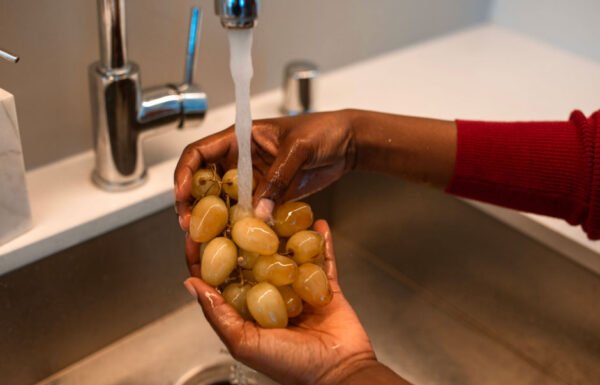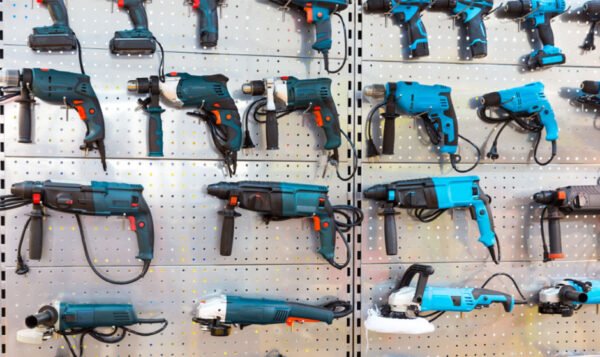Do solar panels increase the risk of roof leaks?

Solar panels have become a popular choice for homeowners and businesses scrutinizing to harness clean and renewable energy. Nevertheless, one common concern when considering solar panel installation is whether they increase the risk of roof leaks. We will explore the factors contributing to this concern, examine the impact of solar panels on roof integrity, and discuss measures to mitigate any potential risks.
Factors that can increase the risk of roof leaks after solar panel installation
1. Roof Penetrations and Installation
One of the primary reasons for the concern about roof leaks with solar panels is the installation process. Solar panels are typically attached to the roof using mounting systems that require penetrations through the roof’s surface. These penetrations create openings in the roofing material, which, if not properly sealed, can usher to leaks over time.
2. Quality of Installation
The risk of roof leaks associated with solar panels often hinges on the quality of the installation. A professional and experienced solar installer will meticulously ensure that all penetrations are properly sealed to stem water intrusion. Proper flashing and sealing materials should create a watertight barrier around the mounting points. A well-executed installation minimizes the risk of roof leaks.
3. Roof Age and Condition
The roof’s condition is a consequential factor in determining the risk of leaks with solar panels. If your roof is relatively new and in good condition, it is less likely to develop leaks. Conversely, if your roof is aging or has preexisting issues such as damaged shingles, deteriorated flashing, or compromised roofing materials, installing solar panels may exacerbate these issues. It’s paramount to address existing roof problems before installing solar panels to reduce the risk of leaks.
4. Flashing and Waterproofing
Flashing is a paramount component of solar panel installation that helps prevent water intrusion. Proper flashing involves using weather-resistant materials like aluminum or galvanized steel to create a waterproof barrier around the penetrations. High-quality flashing and sealants designed for roof applications can effectively protect against leaks. Insist on professional installation that prioritizes proper flashing and waterproofing techniques.
5. Roof Pitch and Solar Panel Tilt
The roof’s pitch, or slope, can influence the risk of roof leaks associated with solar panels. Steeper roofs allow water to drain more quickly, reducing the risk of standing water around the mounting points. Additionally, the solar panels’ tilt angle can impact water runoff. Solar panels are typically installed at a slight tilt to optimize energy production. Proper design and installation can ensure that water flows away from the roof penetrations, minimizing the risk of leaks.
6. Roof Material Compatibility
The type of roofing material used on your home or business can influence the hazard of leaks when installing solar panels. Some roofing materials, such as asphalt shingles, metal roofing, and concrete tiles, are more compatible with solar panel installations than others. It’s paramount to operate with an experienced installer who can assess the compatibility of your roof material and urge appropriate installation methods.
7. Routine Maintenance
Regular maintenance of your solar panel system and roof is paramount to stem potential issues that could lead to leaks. Perform visual inspections of the solar panels and the roof to check for any signs of damage or wear. Clear any debris or leaves that may accumulate on the panels and inspect the sealant around the mounting points for signs of deterioration. Additionally, inspect the roof for any loose or damaged shingles, flashing, or other roofing materials that may require repair.
8. Warranties and Liability
When choosing a solar panel installer, it’s paramount to inquire about warranties and liability coverage. Reputable installers should offer warranties on the solar panels and the installation work. These warranties can provide peace of mind that any issues arising from the installation, including leaks, will be addressed at no additional cost to the homeowner. Be sure to review the warranty terms and understand what is covered.
9. Potential Roof Leaks from Other Sources
It’s important to recognize that roof leaks can occur independently of solar panel installation. Factors such as severe weather, age-related deterioration, or damage from falling branches can cause roof leaks. When such leaks occur, they may mistakenly be attributed to the solar panels, highlighting the importance of routine roof maintenance and inspections to identify and address issues promptly.
The installation of solar panels does introduce the potential for roof leaks in the NJ solar programs list, primarily due to penetrations and mounting points. However, the risk of leaks can be effectively managed through high-quality installation, proper flashing and waterproofing, routine maintenance, and proactive roof care. Choosing a reputable solar panel installer who adheres to best practices in installation is paramount in minimizing the risk of roof leaks. Ultimately, with the right precautions and maintenance, solar panels can be a valuable addition to your property without compromising the integrity of your roof.



